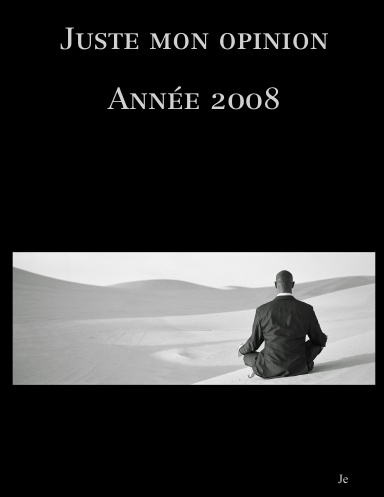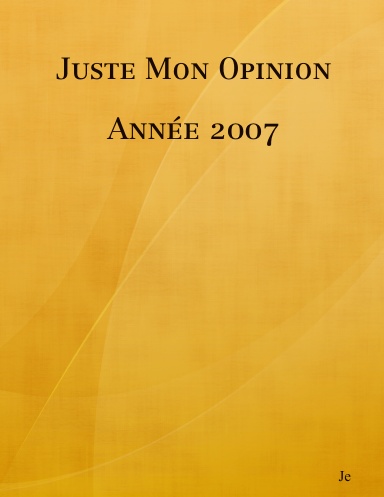URL = [1] download pdf
Contents
- 1 Description
- 2 Contents
- 2.1 I. Chapter One: A Green Theory of History
- 2.2 II. Chapter Two: China’s Confucianism, the Odd Axial Religion
- 2.3 III. Chapter Three: China’s Ongoing Anti-Systemic Ecological Revolutionary Movements
- 2.4 Chapter Four: Ecological Revolution in the Former and Later Han Dynasty (208 BCE Through 220 CE), and Beyond 219
- 2.5 Chapter Five: Two Ecological Revolutionary Movements Through Japanese Buddhism, Circa 700-850; and Circa 1185-1600
- 2.6 VI. Chapter Six: Two Fast Ecological Revolutions: the Last Centuries of the Roman Empire; and Contexts Leading to Protestant Reformation, 1200-1600
- 2.7 VII. Chapter Seven: Conclusion: The Religio-Material Aspects of the German Green Party and the Green Movement Internationally; Plus Ça Change?
- 3 Discussion
- 4 Excerpts
- 5 References
- 6 More Information
Description
Mark Whitaker:1.
"Most argue environmental movements are a novel feature of world politics. I argue that they are a durable feature of a degradative political economy. Past or present, environmental politics became expressed in religious change movements as oppositions to state environmental degradation using discourses available. Ecological Revolution describes characteristics why our historical states collapse and because of these characteristics are opposed predictably by religio-ecological movements. As a result, origins of our large scale humanocentric axial religions are connected to anti-systemic environmental movements. Many major religious movements of the past were environmentalist by being health, ecological, and economic movements, rolled into one. Since ecological revolutions are endemic to a degradation-based political economy, they continue today. China, Japan, and Europe are analyzed over 2,500 years showing how religio-ecological movements get paired against chosen forms of state-led environmental degradation in a predictable fashion. The book describes solutions to this durable problematic as well. It should be useful to all people seeking solutions to environmental problems."
2.
"Ecological Revolution describes a common cross-cultural and historical pattern that repeatedly has emerged in which two powerful competing groups, in their efforts to obtain the support of (or derive benefit from) a weaker group, engage in activities that degrade their common environment. One of the two groups includes the despatialized networks of territorial state-based elites with their formal institutional, material disbursement, and ideological sponsorship mechanisms they utilize to consolidate power across larger territories. First, this strategy of elite-sponsored state formation via centralized consumptive and ideological ambivalence has a material consequence. It leads to consolidation of economic relations and economic shakeout of the territory over time, resulting in mounting problems in health, ecological soundness, and economic durability. Second, this strategy of elite facilitated environmental degradation has an ideological and cultural consequence. The social risks of its political economic consolidation slowly delegitimates any originating ideological sponsorship of state elites’ attempts to construct their states as legitimated larger institutions. Mounting delegitimation due to the three material problems above creates desires in the other group to break away from the larger territorial state clientelism, materially and ideologically. This is a local self-interest merging with pro-environmental sentiment interlinked, i.e., in the name of their regional “ecological self-interest” that is increasingly undermined by unrepresentative state elite policies.
The other group includes these multiple regional areas of more geographically embedded peasants/citizens. This group responds in a variety of ‘ecological revolutionary’ ways to political economic suffering from state-based environmental degradation. This leads to a more anti-systemic, localized organizational culture legitimating a variety of more autonomy-inclined and/or depoliticized movements along with movements of what can be called hermetic science movements—with the novel interest in more independent empirical and material explorations of their predicament and the novel externalities in their lives, particularly in exploring or in suggesting alternative social organizational and medical issues. Thus the context of ecological revolution additionally explores why certain periods of scientific advancement have been pronounced within such eras of massive religious change as well: both are autonomous movements seeking their way in a novel plurality of more independent manners of identity. They are simultaneously oppositional material and ideological support frameworks for the latter group against degradation-encouraging, state based elites.
The term ‘ecological revolution’ is stressed because the material and ecological relations in world history’s oppositional social movements have been overlooked. These oppositional ideological movements have three common environmentally linked factors. They are anti-systemic health practices, local ecological protection movements against state/elite jurisdiction and extraction, and involve more ecologically rationalized economic-technological institutions within a religious mobilization. Such major religious social movements in world history take place in contexts of massive environmental degradation, political economic consolidation, and immiseration—and social reorganization attempts at escaping this context. As a consequence, so-called ‘ideological/religious movements’ have in many cases had material social institutional priorities and/or material critique priorities intertwined with scientific movements.
Explicitly, the history of scientific advance has been involved intellectually in such periods of religious and material oppositional history instead of being different or distinct from it. Mediating variables to this peasant/citizen response would be the case-specific issues of hinterland/frontiers, particularities of such geographies, historical event outcomes, ongoing state/movement interactions, depth of penetration of state elites into a wider society, and arguably the availability or ingenuity of alternative discourses and conceptions of revolt." (https://www.researchgate.net/profile/Mark_Whitaker3/publication/296486001_Ecological_Revolution_The_Political_Origins_of_Environmental_Degradation_and_the_Environmental_Origins_of_Axial_Religions_and_Scientific_Advance_China_Japan_Europe/links/56d5f7ea08aee1aa5f730ee4.pdf?origin=publication_list)
La suite ici : https://wiki.p2pfoundation.net/Political_Origins_of_Environmental_Degradation_and_the_Environmental_Origins_of_Axial_Religions












Aucun commentaire:
Enregistrer un commentaire